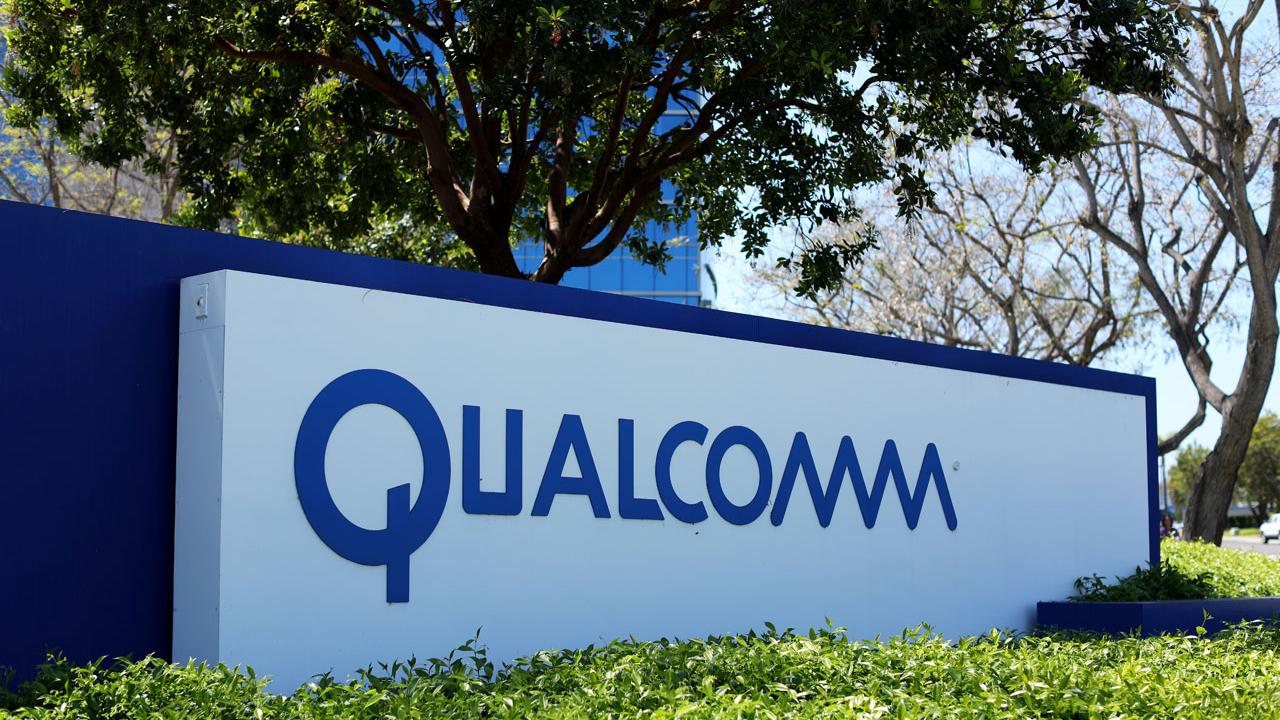Qualcomm illegally blocked competition, judge rules
Qualcomm Inc. illegally blocked competition and charged unjustifiably high licensing fees and royalties that led to fewer rivals in the market for cell phone chips, a federal judge ruled on Tuesday.
The decision, which would require the San Diego-based company to renegotiate existing licensing agreements, stems from an antitrust case brought in January 2017 by the Federal Trade Commission and comes after a landmark settlement between Qualcomm and Apple.
“Qualcomm’s licensing practices have strangled competition in the...chip markets for years, and harmed rivals, [original equipment manufacturers], and end consumers in the process," the judge wrote in her ruling.
In a statement, Qualcomm general counsel Don Rosenberg said the firm strongly disagrees with "the judge’s conclusions, her interpretation of the facts and her application of the law."
The judge took issue with Qualcomm's practice of earning royalties on each smartphone sold that contains the company's technology, part of the cost of accessing its patent portfolio.
Qualcomm, according to the ruling, also used its leadership position to strong-arm original equipment manufacturers (OEMs) into signing patent licensing agreements.
"In some cases, Qualcomm has even cut off OEMs’ chip supply, although the threat of cutting off chip supply has been more than sufficient to coerce OEMs into signing Qualcomm’s patent license agreements and avoiding the devastating loss of chip supply," the decision reads.
Alongside renegotiating existing licensing agreements, Qualcomm must also submit to seven years of compliance monitoring.
| Ticker | Security | Last | Change | Change % |
|---|---|---|---|---|
| QCOM | QUALCOMM INC. | 137.34 | +1.04 | +0.76% |
The ruling comes days after President Trump signed an executive order to prevent U.S. firms from doing business with telecommunications companies deemed a national security risk, one that is expected to impact China's Huawei Tech.
Alongside that action, the Commerce Department also added Huawei to a so-called "blacklist," requiring federal approval for any sales to the telecommunications giant. The administration backtracked on Monday and allowed some firms 90 days to wind down its ties to the firm.
CLICK HERE TO GET THE FOX BUSINESS APP
Huawei and other telecom firms rely on Qualcomm's chips for their phones, underscoring the importance of Tuesday's decision amid an international battle for early dominance in fifth generation wireless networks.
The ruling could result in lower prices for cell phone manufacturers like Apple, who have challenged whether Qualcomm's dominance in the chip sector has led to undeserved profits.
The Justice Department earlier this month requested a hearing on any penalty imposed on Qualcomm in a bid to prevent any widespread damage to the nation's largest chip supplier.




















